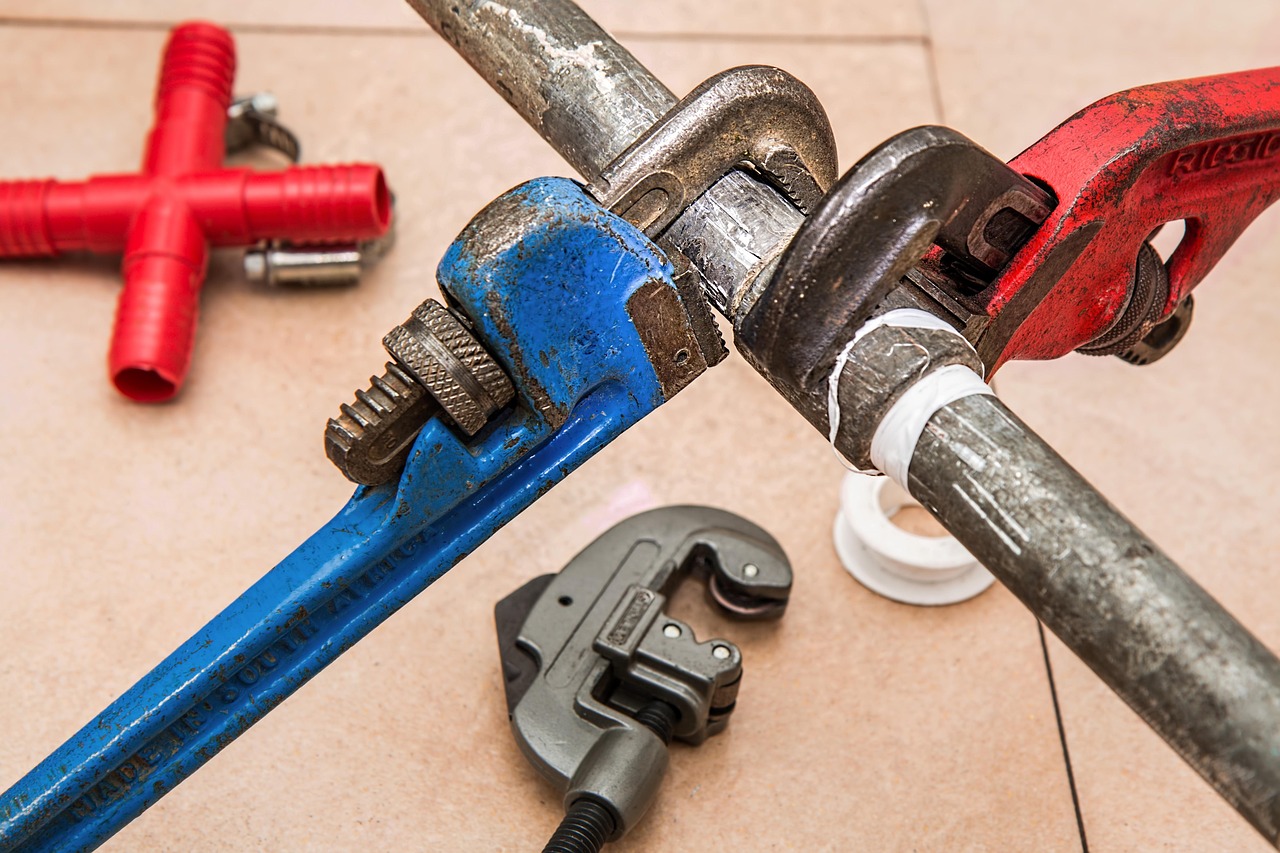Maintaining a sparkling, healthy swimming pool requires consistent care and expertise that many homeowners simply don’t have the time or knowledge to manage themselves. Hiring a professional pool cleaning service can save you countless hours and prevent costly mistakes, but finding the right provider is crucial. This article will guide you through the essential factors to consider when choosing a pool maintenance company, including services offered, visit frequency, pricing structures, credentials, and how to evaluate customer feedback to ensure you’re partnering with reputable pool care professionals.
Understanding Your Pool Maintenance Needs
Before hiring pool maintenance company, it’s important to understand exactly what your pool requires. Different pools have varying maintenance needs based on size, type, surrounding environment, and usage frequency. In-ground pools typically require more comprehensive care than above-ground options. Pools surrounded by trees may need more frequent cleaning due to falling debris, while heavily used pools might require additional chemical balancing. Take time to assess your specific situation, noting any recurring issues you’ve experienced, such as algae growth, cloudy water, or equipment problems. This evaluation will help you communicate your needs effectively when interviewing potential service providers and ensure you’re not paying for unnecessary services or, worse, receiving inadequate care that could damage your investment.
Essential Services to Look For
When choosing pool cleaning service options, investigate what’s included in their standard packages. A comprehensive service should include regular skimming of debris, vacuuming the pool floor, brushing walls and tiles, emptying baskets, checking and adjusting chemical levels, inspecting equipment, and backwashing the filter when necessary. Some providers offer tiered service packages, while others customize plans based on individual needs. Beyond routine maintenance, inquire about additional services like green pool recovery, leak detection, equipment repair, seasonal openings and closings, and renovation work. Understanding exactly what services are covered and which incur additional fees will prevent unexpected charges down the road. The best service providers will conduct a thorough initial assessment of your pool’s condition before recommending a maintenance plan tailored to your specific situation.
Frequency and Scheduling Considerations
The frequency of service visits is a critical factor when hiring a pool maintenance company. Most residential pools benefit from weekly service during swimming season, but your specific needs may vary based on usage, local climate, and surrounding landscape. In warmer regions or for heavily used pools, bi-weekly service might be necessary to maintain water quality. Discuss scheduling flexibility with potential providers, especially if you need service on specific days or times. Reliable companies maintain consistent schedules and provide advance notice if changes are necessary. They should also offer contingency plans for inclement weather and holiday periods. Ask what happens if you need emergency service between regular visits—reputable companies will have protocols in place for urgent situations like equipment failures or water quality issues that require immediate attention.
Evaluating Pool Cleaning Cost and Value
While pool cleaning cost is an important consideration, focusing solely on the lowest price can lead to disappointment. Request detailed quotes from multiple providers, ensuring each covers the same services for accurate comparison. Typical pricing structures include flat-rate packages or itemized services, with most residential pools costing between $100-$200 monthly for standard weekly service. Initial cleaning for neglected pools or seasonal openings may incur one-time higher fees. Ask about contract requirements—some companies offer discounts for annual commitments while others operate month-to-month. Additionally, inquire about payment methods, billing cycles, and whether supplies and chemicals are included or billed separately. The most transparent companies will explain exactly what your investment covers and provide documentation of work performed after each visit. Remember that what appears to be a bargain may actually indicate corners being cut on chemical quality or service thoroughness—factors that can damage your pool and cost more in repairs long-term.
Credentials, Insurance, and Professionalism
Before what to ask pool service companies, prepare questions about their qualifications and business practices. Verify they carry adequate liability insurance and workers’ compensation coverage to protect yourself from potential liability. Ask about staff training and certification programs—reputable pool care professionals typically hold credentials from organizations like the Association of Pool & Spa Professionals or National Swimming Pool Foundation. Inquire about how long they’ve been in business, whether technicians are employees or contractors, and if the same individuals will service your pool consistently. Professional companies conduct background checks on employees, provide ongoing training, and ensure staff are knowledgeable about current pool technology and chemical handling protocols. You can find pre-screened, qualified pool maintenance providers on platforms like AskHomey, which vets service professionals before connecting them with homeowners.
Reading and Evaluating Customer Reviews
Customer feedback provides valuable insights when choosing a pool cleaning service. Look beyond star ratings to read detailed reviews that mention reliability, problem-solving abilities, communication, and long-term results. Pay attention to how companies respond to negative reviews, as this reveals much about their customer service philosophy. Ask for references from current clients with pools similar to yours, and don’t hesitate to contact these references with specific questions about their experience. Some companies may offer testimonials or before-and-after photos demonstrating their work quality. Social media platforms can also provide glimpses into a company’s operations and customer interactions. Remember that while no service is perfect, patterns of complaints about the same issues should serve as red flags, particularly concerns about unreliability, chemical mismanagement, or billing disputes.
For more tips and to connect with reliable home service professionals, follow AskHomey on Facebook and Instagram.



